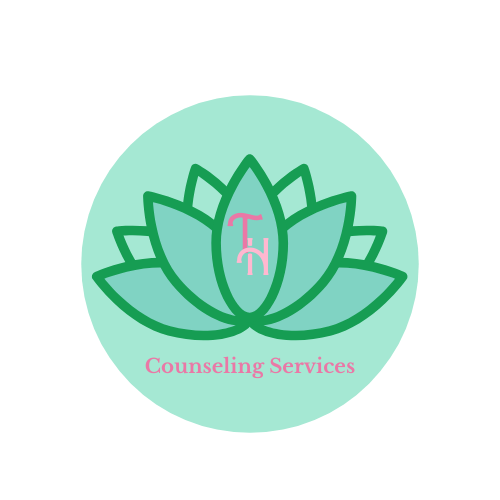S.T.O.P. the Worry in a Pandemic
Excessive worry or anxiety is triggered when we start feeling a lack of control in a situation or circumstance. How we experience worry or anxiety will vary from one individual to another.
With that being said, it’s no surprise that during the coronavirus pandemic, there has been a significant increase in people experiencing anxiety. Their excessive worry is related to themselves or their loved ones testing positive for COVID-19.
So, for someone who is worried or anxious, how do we S.T.O.P. the constant worry? In sessions with my clients, I often use psychotherapy exercises to help alleviate anxiety. Most recently, I developed S.T.O.P. by utilizing Cognitive Behavioral Therapy techniques to help my clients identify and challenge their negative thought patterns. See an explanation for S.T.O.P. below and then an example to follow.
S.T.O.P
Stop SEEING the worst scenario that something bad will happen when there is no concrete evidence nor facts to support that something bad will happen.
Stop THINKING you are powerless or weak. Recognize when you’re underestimating your abilities to handle or respond to what is happening to or around you. Know that you are strong, competent, and capable to handle what may or may not happen.
Stop OVERGENERALIZING. When you overgeneralize, you think or believe something bad will always happen or that nothing good will ever happen. You have forgotten how you have overcome obstacles or challenges in your past.
Stop trying to PREDICT the future that something bad will happen when in the past you have not been 100% correct that something good or bad would happen. Remember that there are no guarantees in life and when you demand certainty that you can only feel better if something happens or does not happen, you are actually causing more anxiety for yourself. We must remember that we cannot control anything external or outside of ourselves. We can only control ourselves.
So, now, let’s use S.T.O.P. to question or challenge negative thoughts related to COVID-19. Remember, typically, when we feel anxious, this often leads to irrational thoughts, but irrational thoughts are not based on facts.
In the example below, the identified worry is about health concerns related to COVID-19. I use S.T.O.P. to question or challenge the irrational thought. After I questioned the irrational thought, I stated facts to provide evidence that the thought is not rational.
Example: I am an essential worker, so I cannot work from home. Since the pandemic started, I now constantly worry about my health.
S.T.O.P.... SEEING the worst scenario.
Irrational thought
“At work, I will be exposed to COVID-19 and die.”
Question the irrational thought
“Is it true that everyone exposed to COVID-19 contracts the virus?”
Fact
It is not a fact that if you are exposed to COVID-19 that you will test positive. So, therefore, I cannot assume if I am exposed to COVID-19, I will die.
S.T.O.P.... THINKING you are powerless.
Irrational thought
“I am afraid to go to work because I do not know who has COVID-19.”
Question the irrational thought
“Is it true that if you don’t go to work, you will not be exposed to COVID-19?”
Fact
Unfortunately, this is not a fact. Even if we stay home and never leave the house, there is still no guarantee that we will not be exposed to COVID-19. However, what we can be certain about is our ability to decrease our risk of getting infected. Remember to wear a mask, wash your hands frequently, and practice social distancing.
S.T.O.P.... OVERGENERALIZING.
Irrational thought
“Since my co-worker was exposed to the coronavirus and had to self-quarantine, everyone at my job now has COVID-19.”
Question the irrational thought
“Is it true that everyone at your job has been in close proximity to this co-worker?”
Fact
It is not known who was exposed to COVID-19 AND even in the unlikely scenario that everyone was exposed to the coronavirus, it is not true that everyone exposed will test positive.
S.T.O.P.... PREDICTING the future.
Irrational thought
“I know I have COVID-19 because one of my co-workers was coughing near me.”
Question the irrational thought
“Can coughing be a symptom of another health condition?”
Fact
Yes, it is true that coughing is a symptom of COVID-19. However, coughing can also be a symptom of other health conditions including a cold or allergy.
So, since I was wearing my mask at work and I currently show no symptoms of COVID-19, I cannot assume that I have been infected with the coronavirus just because my co-worker was coughing near me.
I hope this exercise was helpful! Remember when you begin to feel anxious, S.T.O.P. the worry and feel empowered and at peace.
*The information provided in this blog is not intended or implied to be a substitute for professional medical advice, diagnosis, or treatment for anxiety.
Please read next month’s blog – The Power of Thoughts!
